Personalized Video Games
General description of the project
The development of adapted video games enables the creation of accessible and playful experiences for people with functional diversity. Using technologies such as Unity, Maya, and Render, we design games that work on key skills such as coordination, reaction time, object discrimination, and activity planning.
The selection of mechanics and content was based on the requests of professionals and the interests of users, ensuring that each game contributes to the development of cognitive and physical abilities. In addition, accessibility options were integrated, such as adapted controls, pictograms, and easy-to-read text, to facilitate comprehension and gameplay.
Elixe a túa aventura
An exciting video game designed for people with functional diversity, where through decision-making, the player creates their own adventure in an enchanted forest. Along the way, the player meets different characters in various situations that encourage decision-making, logical reasoning, and understanding of cause-and-effect relationships. Each choice made by the player influences the development of the story, providing an interactive and engaging experience.
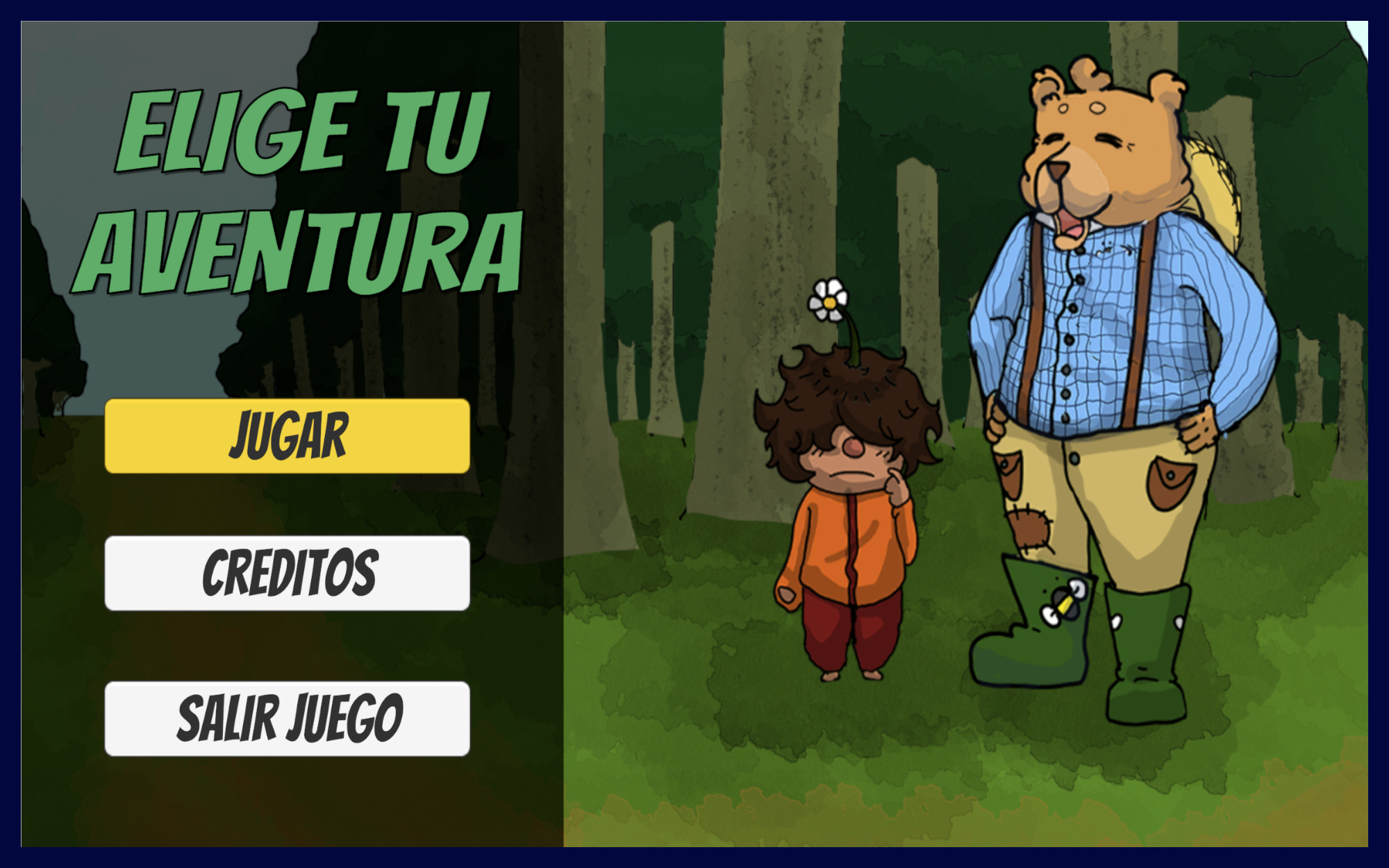
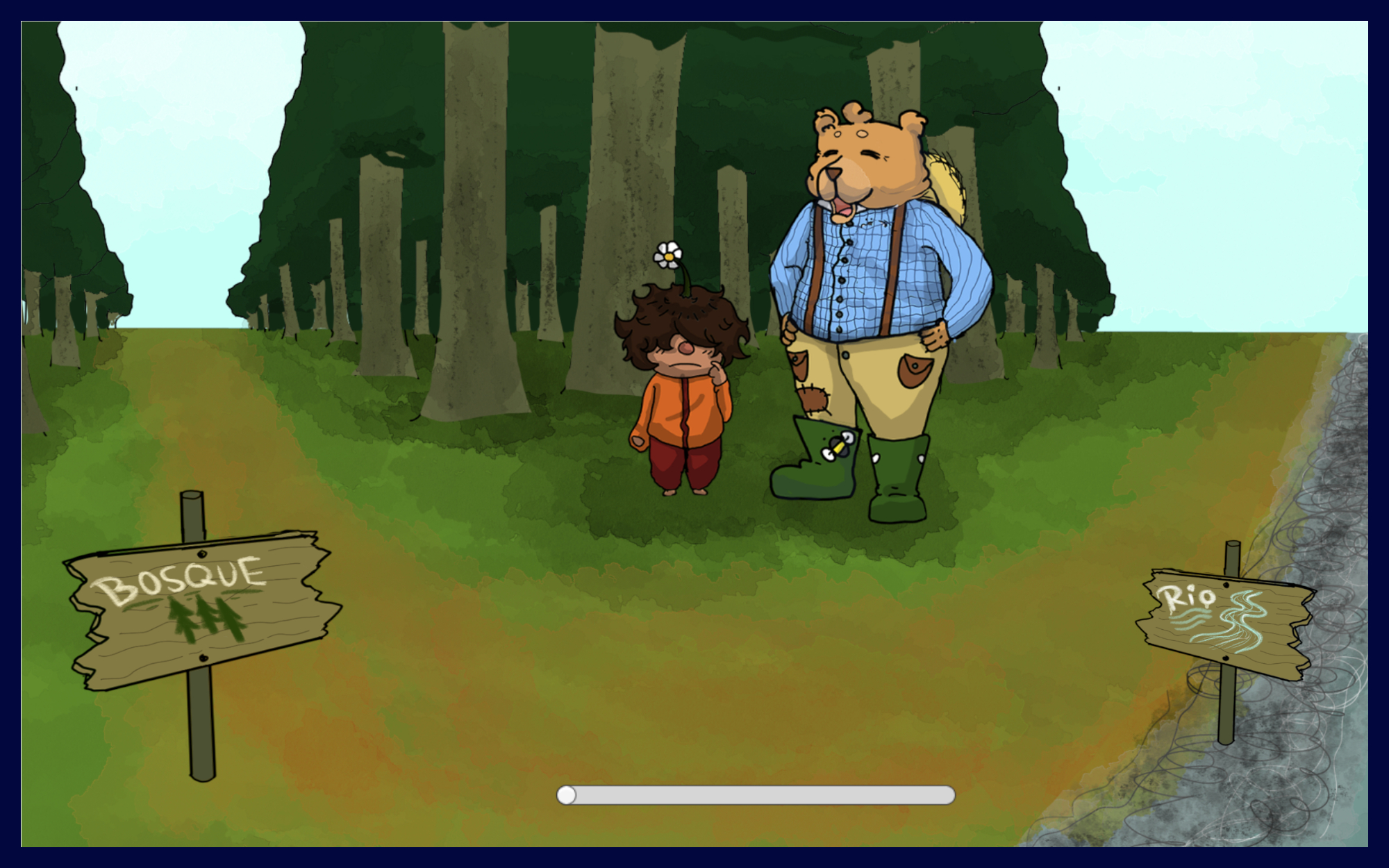
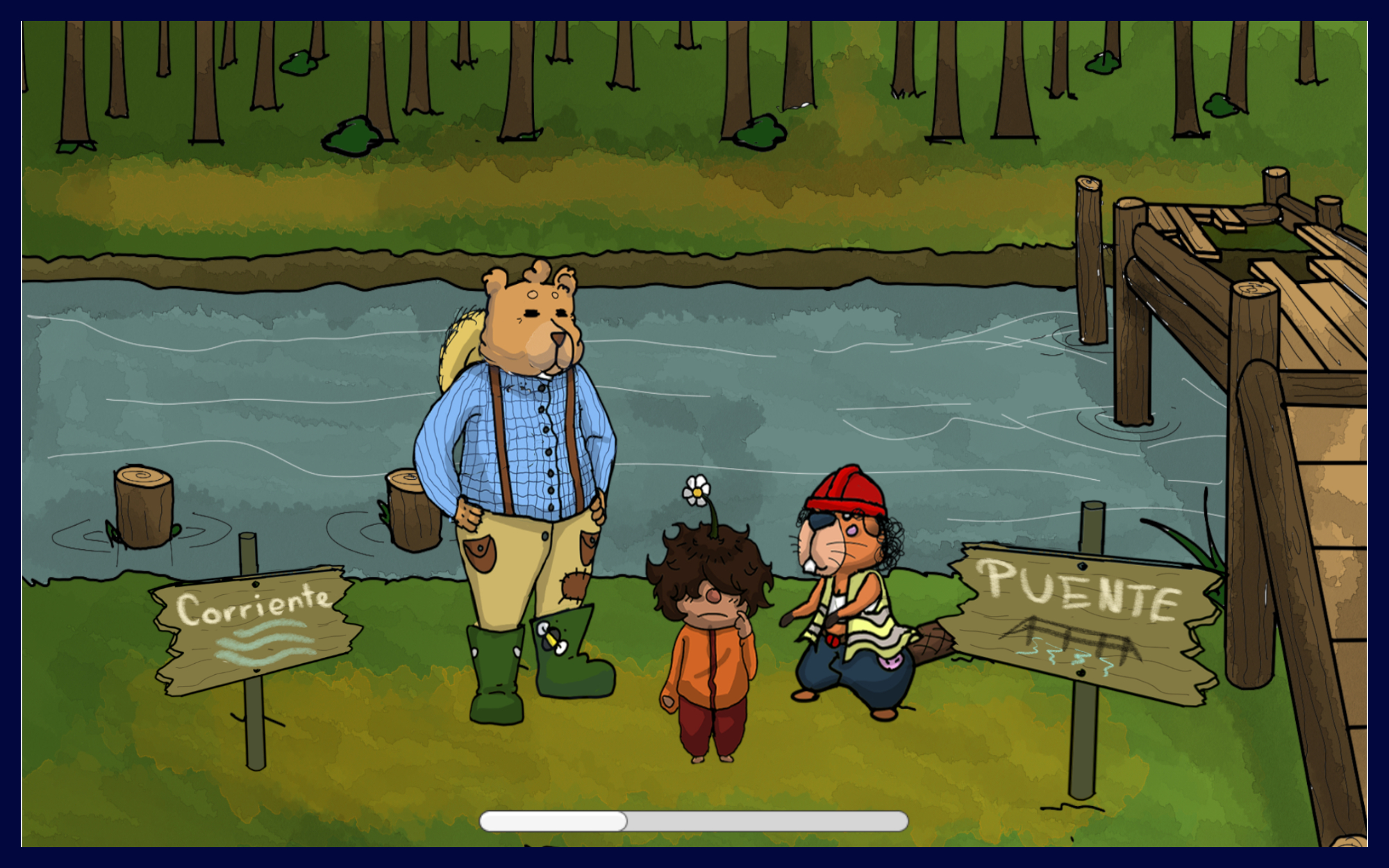
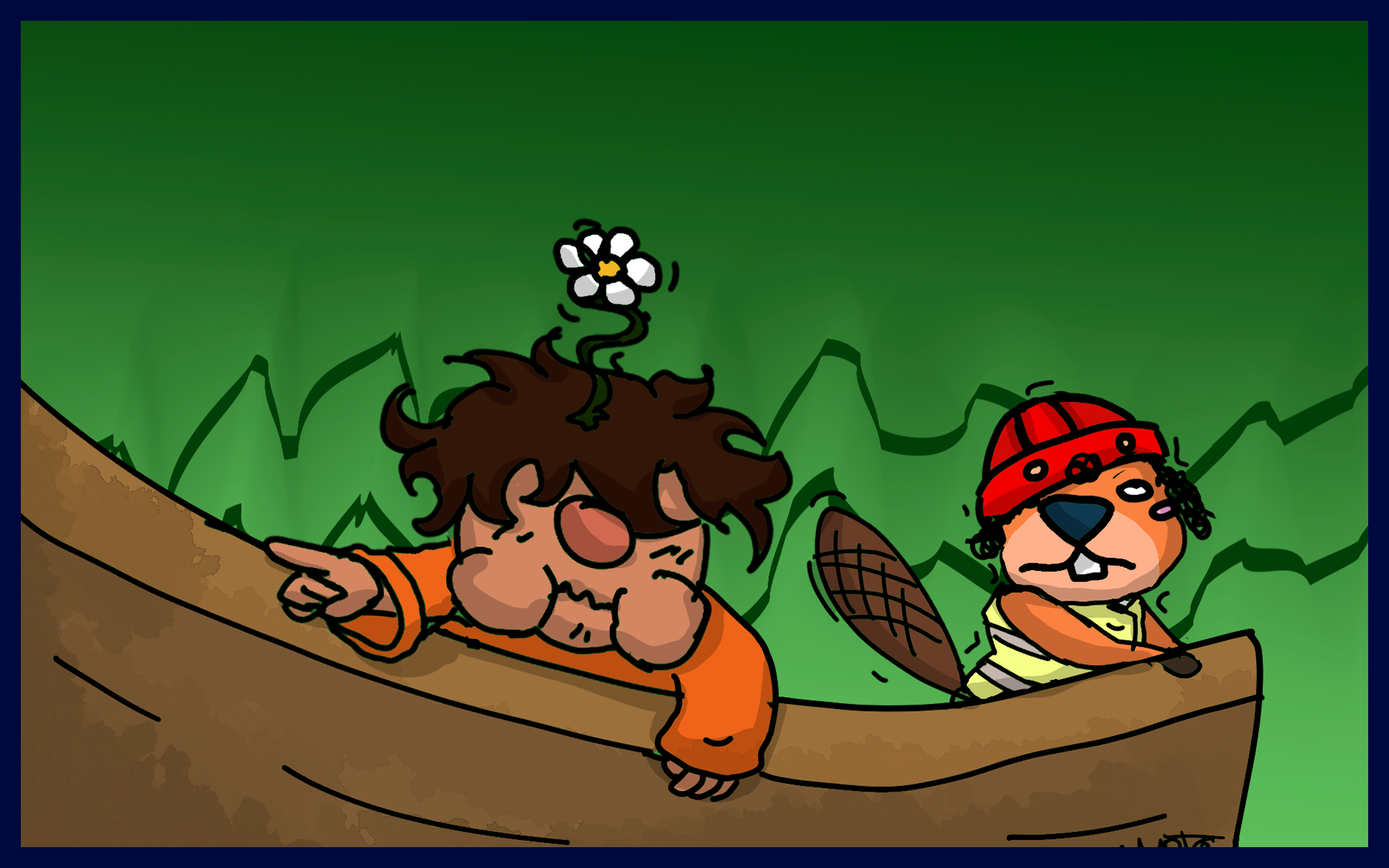
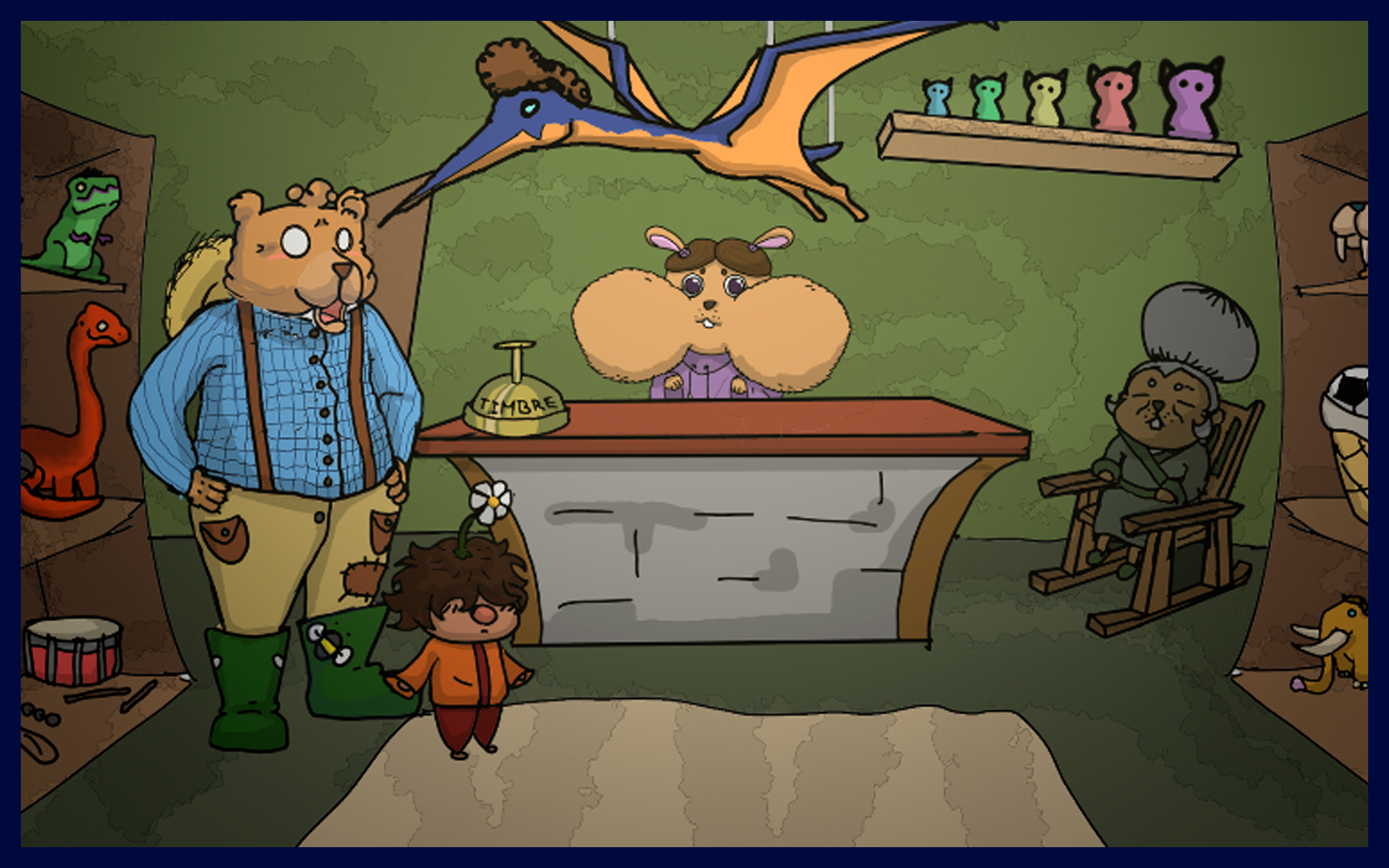
Refuxio de xogos
An innovative video game specifically designed for people with functional diversity, divided into three distinct games. It includes five different activities, each aimed at practicing various psychomotor exercises:
Color Game: Players must press with their hand or mouse the circle matching the color displayed on the screen, practicing color recognition and hand-eye coordination.
Sorting Game: Professionals select one or more of the following locations to identify which objects belong to each and place them in their corresponding boxes. Locations include: bathroom, kitchen, bedroom, and toys.
Activities Game: Players choose from various activities and, following on-screen instructions, must select the actions required to complete them successfully.
Memory Game: A sequence of four objects with characteristic colors is shown in a specific order. After a brief memorization period, the sequence disappears and must be reproduced. This game allows customization of time available, number of objects, and duration of button visibility on the screen.
Puzzle Game: Players choose from several everyday objects. Once selected, the object appears disassembled and must be reassembled piece by piece. Simply dragging the piece over its shadow automatically places it, simplifying the task for users.
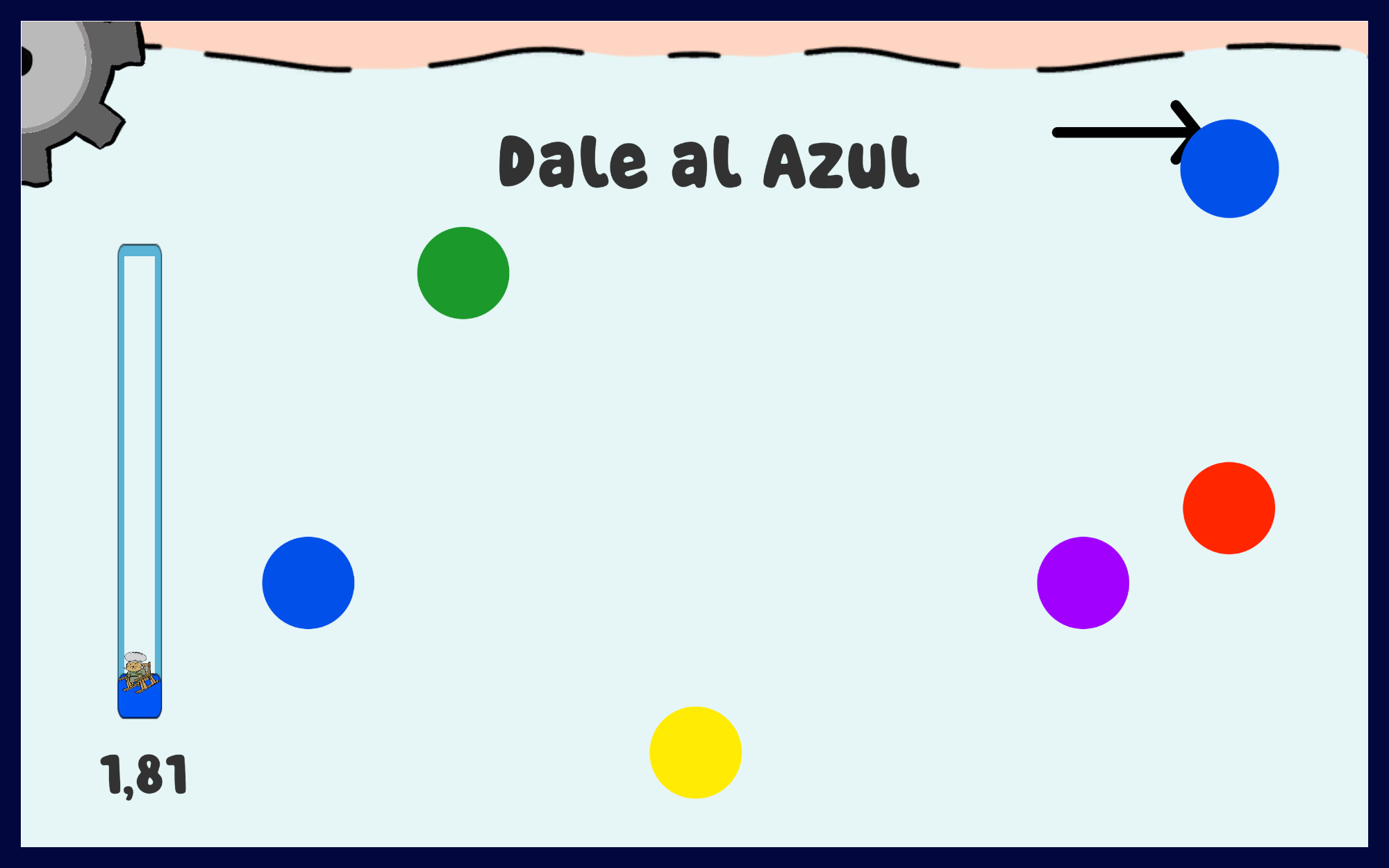
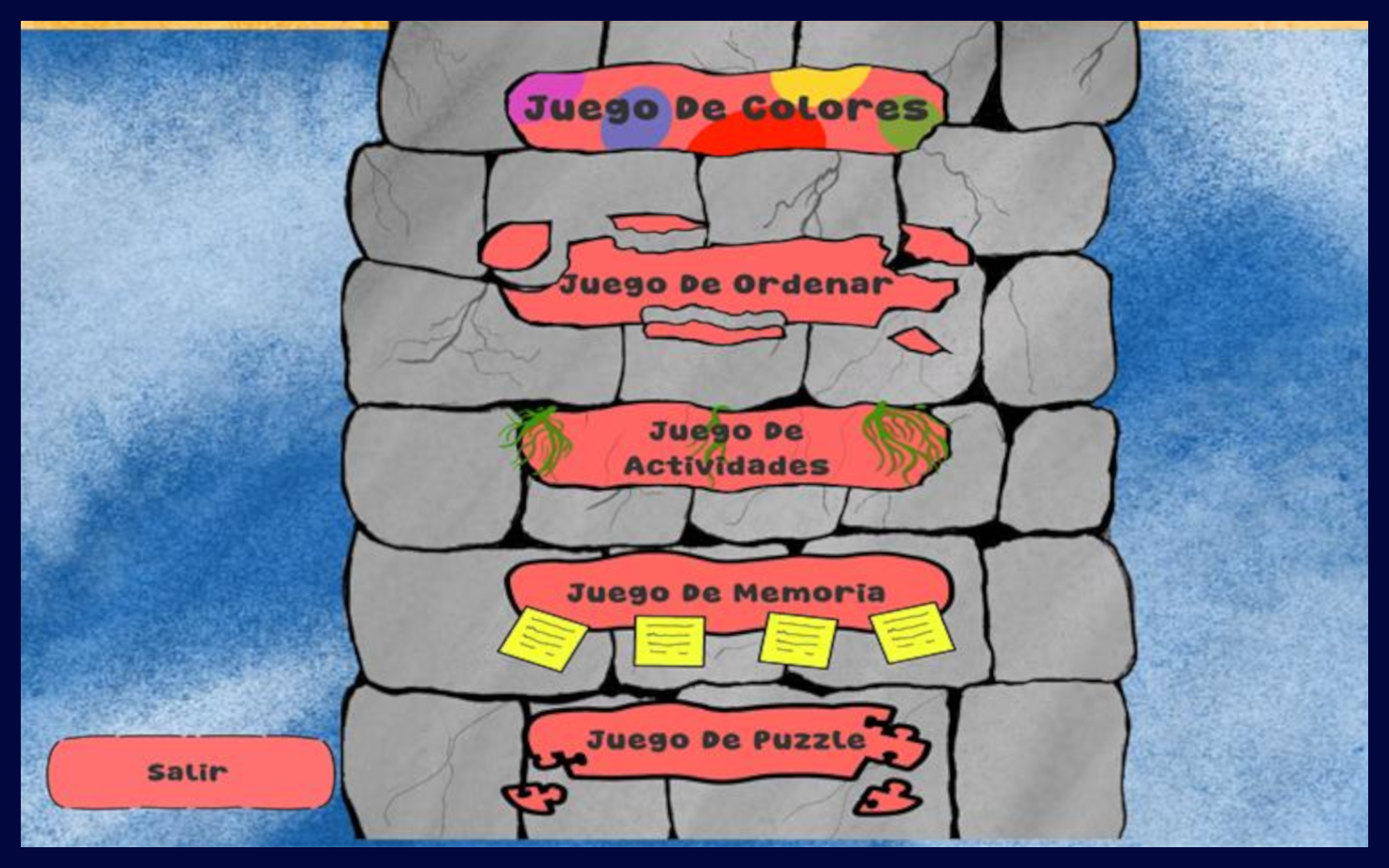
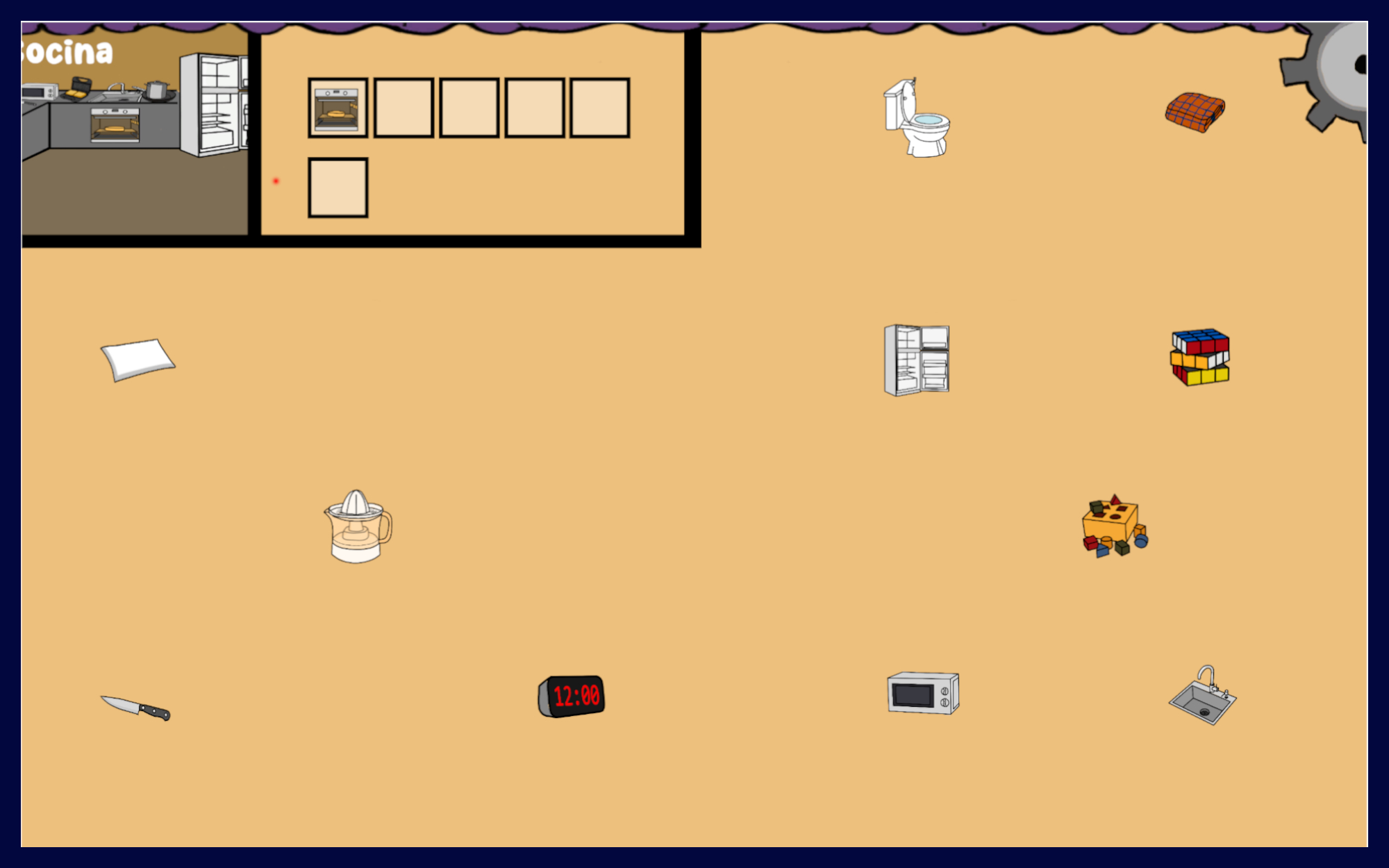
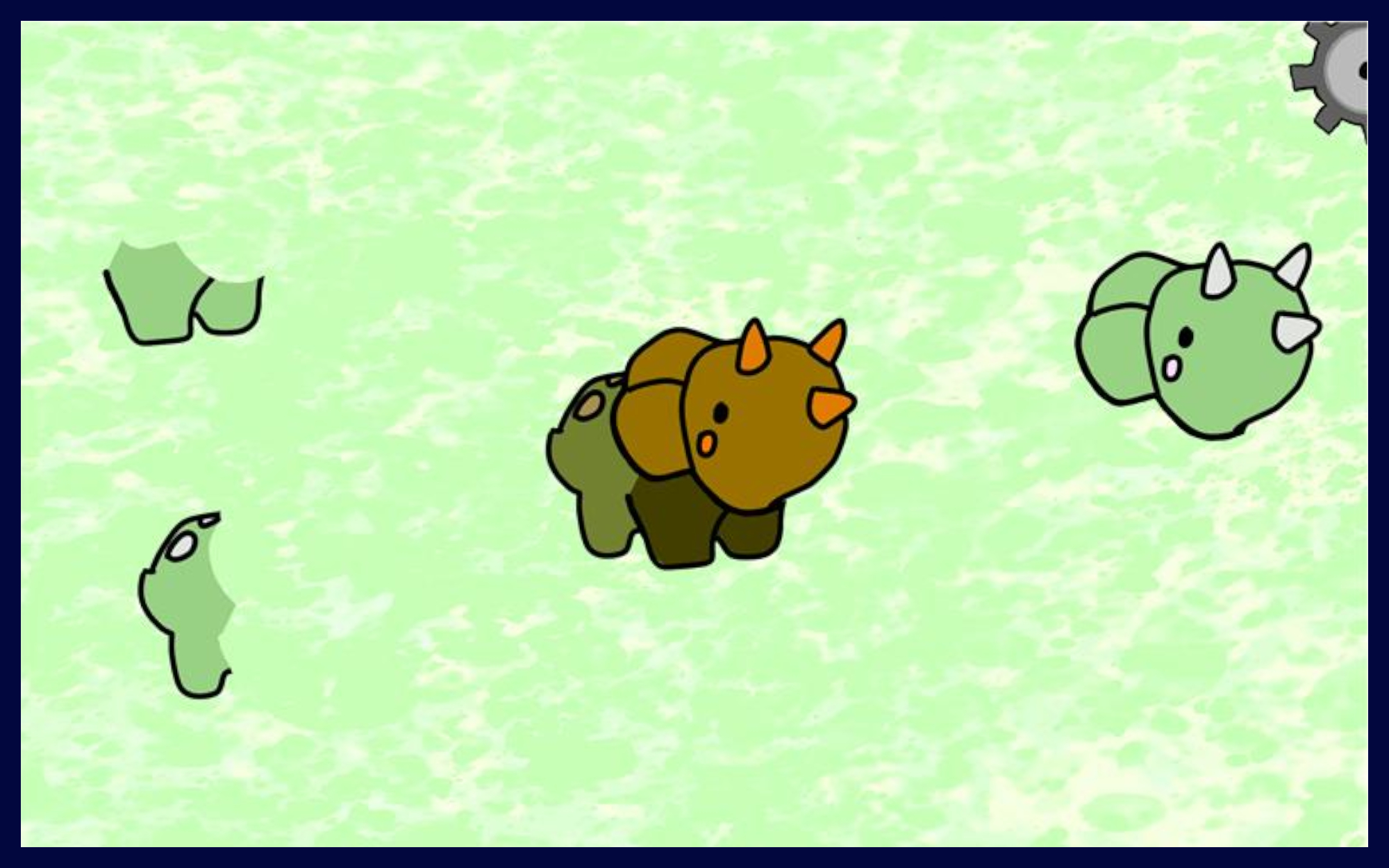
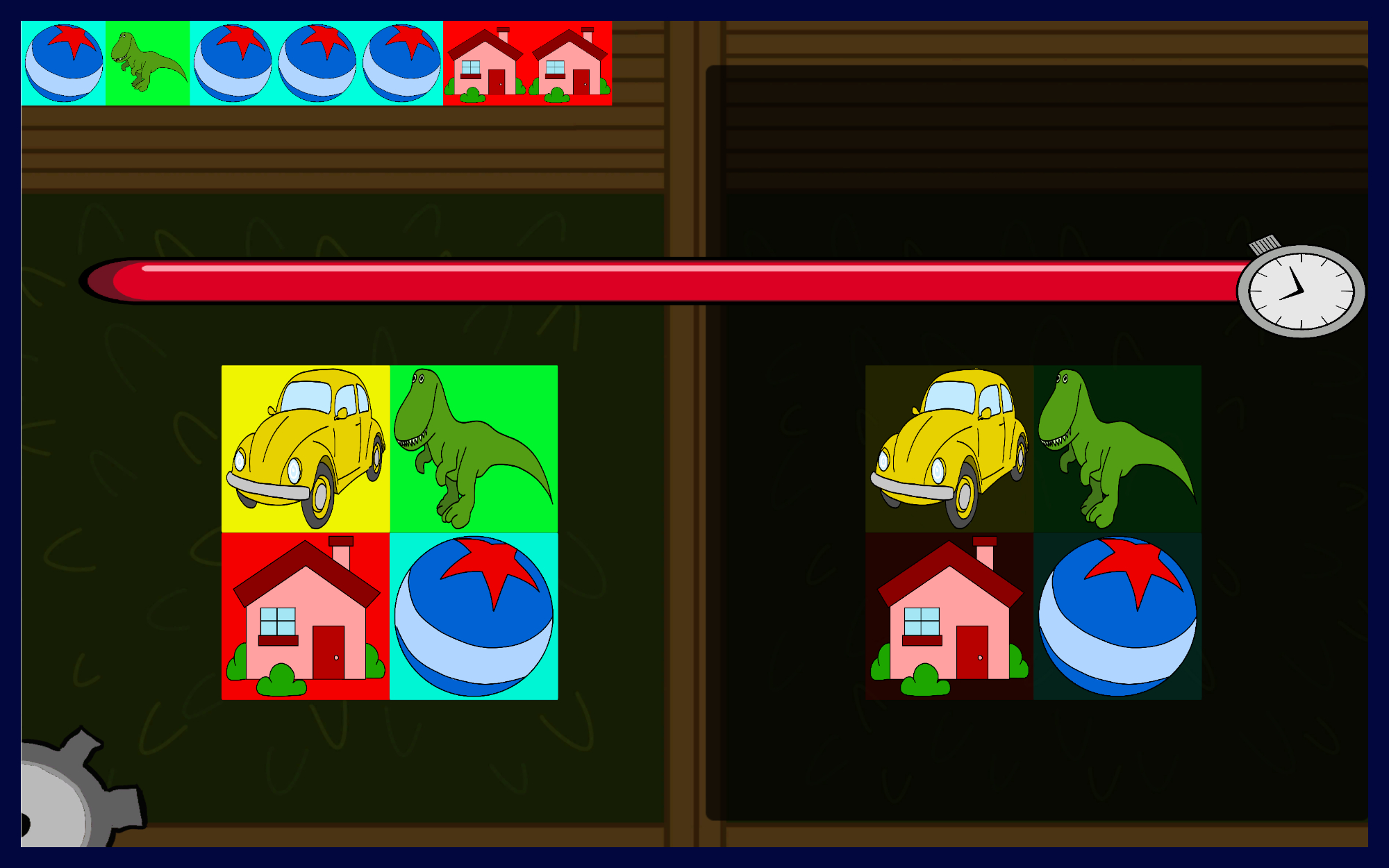
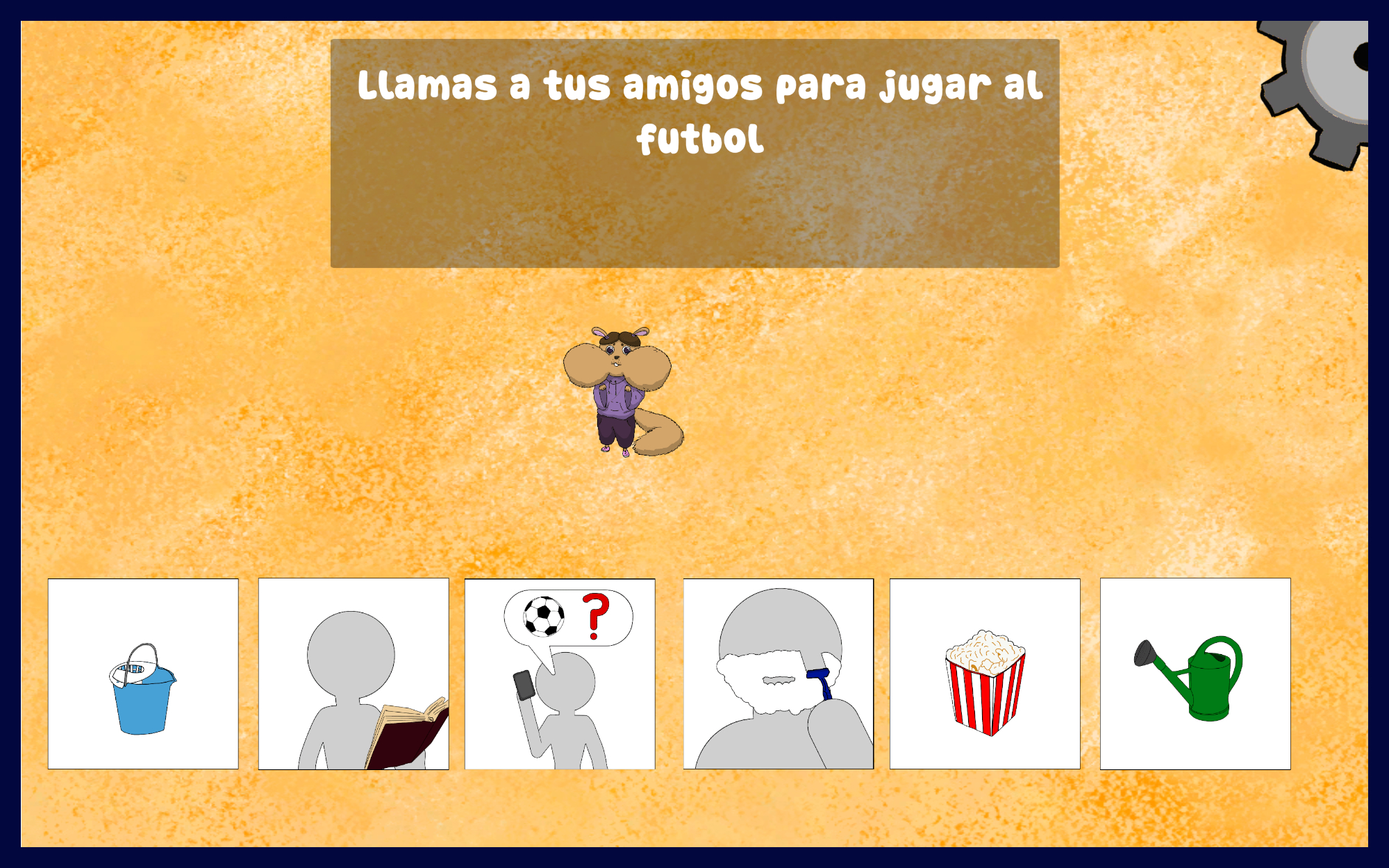
Team
- Betania Groba González, Occupational Therapist, TALIONIS Research Group
- Adrián Parga González, Video Game Development Technician
- Francisco Javier Rodríguez Alvarado, Video Game Development Technician
- Raúl Martínez Díaz, Video Game Development Technician
- Paula de Santos Dorrego, Occupational Therapist, TALIONIS Research Group
- Raúl Fraiz Gómez, Occupational Therapist
- Manuel Lagos Rodríguez, Computer Engineer, TALIONIS Research Group
- Jorge Rivadulla Brey, Computer Engineer, TALIONIS Research Group
- Iago Fernández Garrido, Computer Engineer, TALIONIS Research Group
Scientific and divulgative production
- Parga González, Adrián; Francisco Javier Rodríguez Alvarado; Raúl Martínez Díaz; and Paula De Santos Dorrego. 2024. “Development of Video Games for Therapeutic Purposes” in: Congreso XoveTIC: impulsando el talento científico (7th ed., 2024, A Coruña). A Coruña, Spain: Universidade da Coruña, Servizo de Publicacións.
The video games were presented and tested in various public and outreach environments, including:
Día da Ciencia na Rúa (Science Day in the Street)
Cullerciencia
Open Science Cambre
OSHWDEM
Maker Faire Galicia


